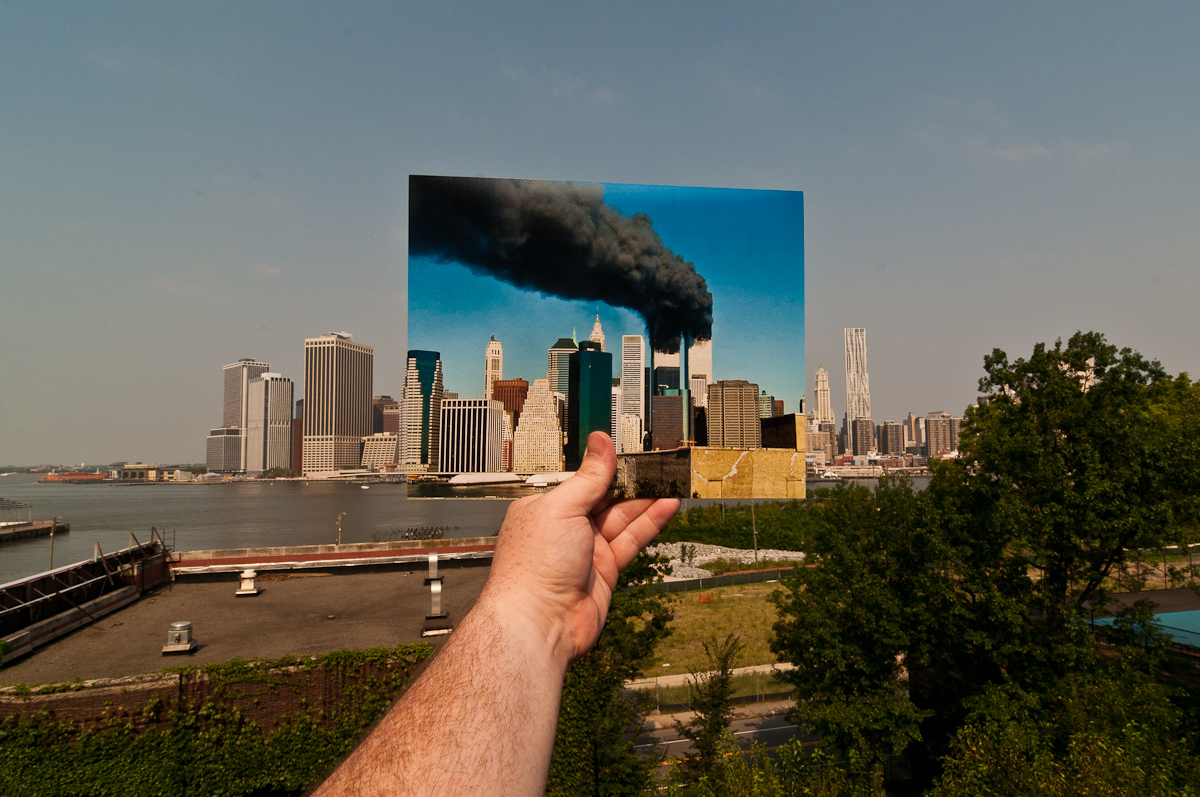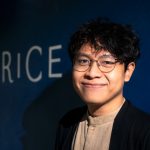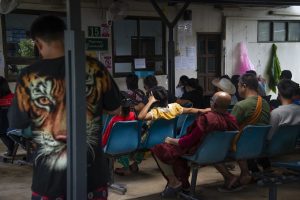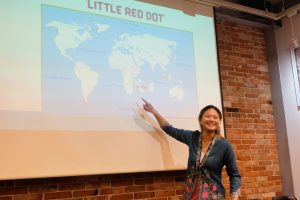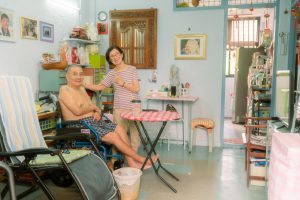Top image: Jason Powell / Flickr
Twenty years is a long time ago. Two whole decades have passed since 2001, and it’s easy to forget that there exists an entire generation of people who weren’t alive yet during the generation-defining disaster of the September 11 attacks.
How, then, would you explain the tragedy to a generation of kids — kids who see 9/11 as a history lesson that took place more than 15,000 kilometres away from home? What a strange lens to perceive about something that you lived through.
You could offer something objective: On September 11, 2001, extremists hijacked two planes and flew them into two skyscrapers in Manhattan, New York. The two buildings — known as the World Trade Centre — collapsed. Two other planes were hijacked; one crashed into the west side of the Pentagon, the other crashed on a field while making its way to Washington DC.
It remains the deadliest terrorist act in world history, with nearly 3,000 killed altogether and over 6,000 others injured.
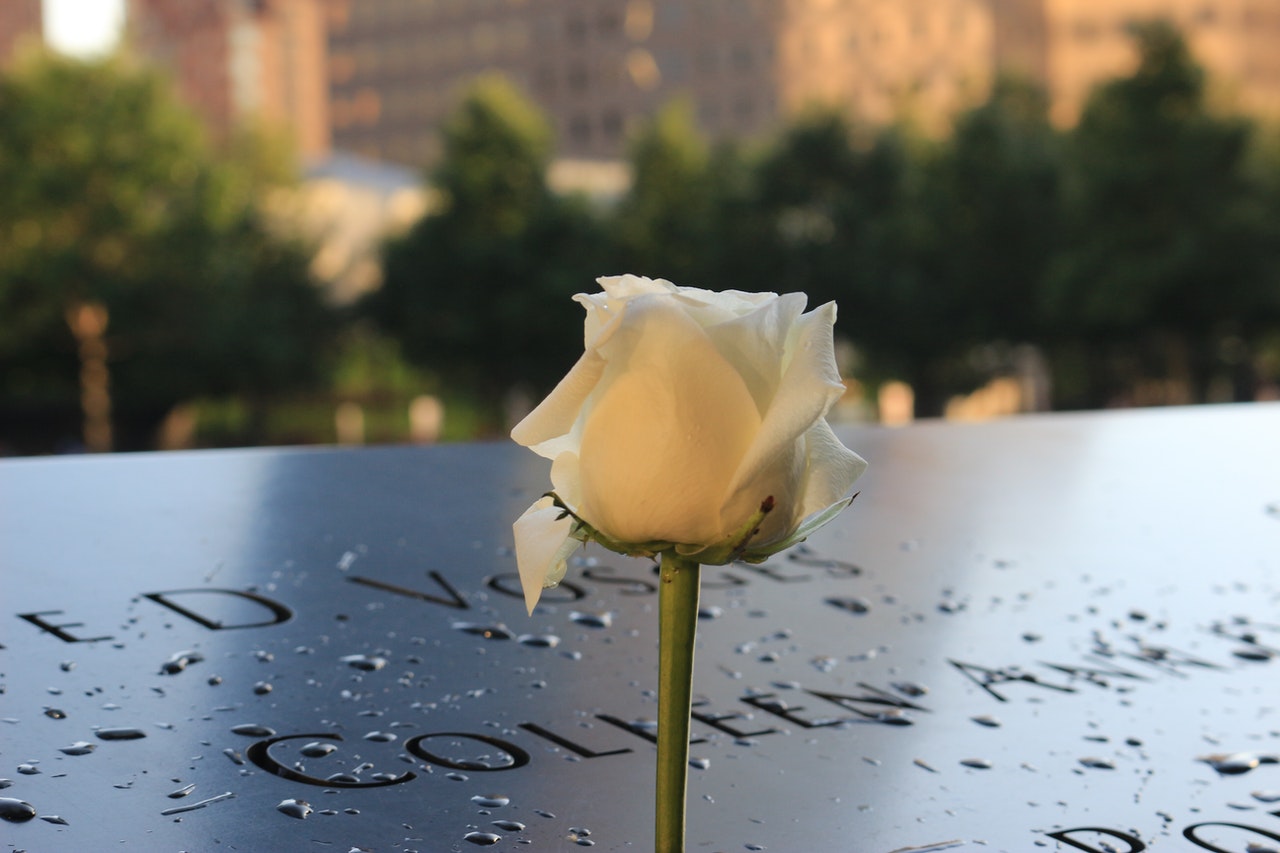
It might not be as easy to describe the collective fear, uncertainty and paranoia that circumscribed the months and years since then.
Coordinated terror attacks became a concept for Singaporeans to be aware of and actively guard against, which proved to be a very real threat when a plot to bomb diplomatic missions here was foiled. Kids back then quickly learned very adult things like suicide bombings, religious fundamentalism and counter-terrorism.
But even as an entire generation acclimatised to an era of heightened domestic security, it was quite the major cultural shift for folks like Luke Tan, who witnessed the changes firsthand as a former Cabin Crew Executive for Singapore Airlines.
Having worked as a cabin crew from 1968 to 1975 in the days when SIA was known as Malaysia-Singapore Airlines, Tan stuck with the Singapore side during the airline split. He went on to be a Cabin Crew Executive, training new flight attendants and managing crew welfare while also serving on flights himself. Up until 2003 that is, when he retired at the age of 57.
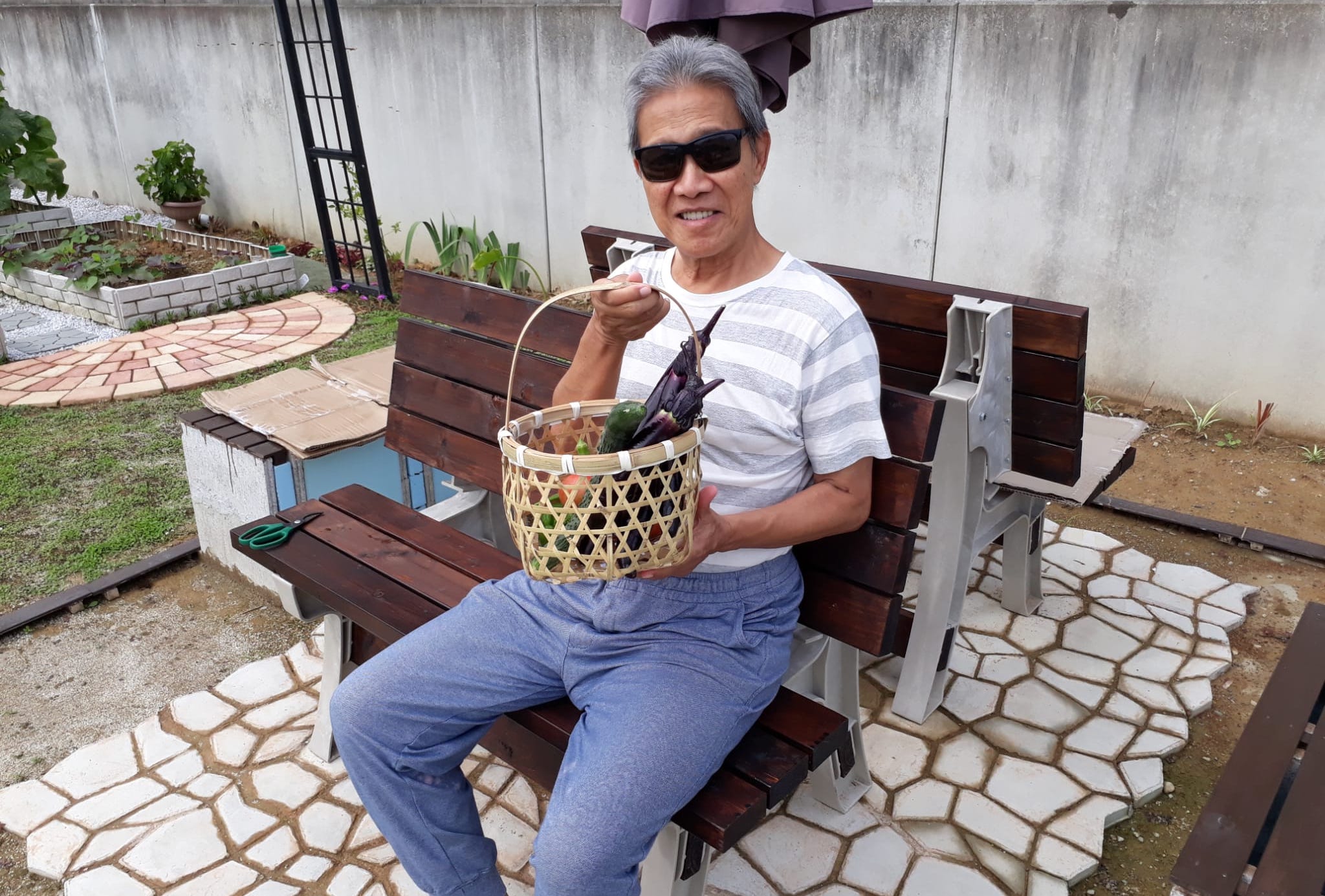
Now at the cusp of turning 76 and currently staying put in Japan (his wife is Japanese), the impact of 9/11 still remains relatively fresh in his mind. I gave him a call to garner some insights into what the tragedy meant for his former profession and the country at large back then.
35 years is a pretty long time to stick with a job. What did you like about it?
When I joined the airline, the pay was fantastic compared to what I was doing — I was working as a prison rehabilitation officer before that. I was only getting about $190 a month and the work involves facing criminals, so it’s not so easy. When I switched to SIA, when I got a job as a flight steward, I got about $500. So, the pay was good! The prospects are much better. And the job is much more interesting, you know, meeting people from various countries on the flight. All kinds of people.
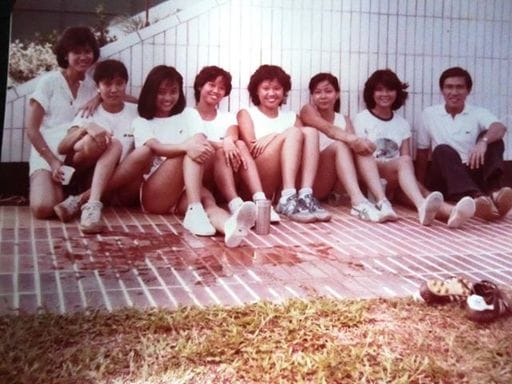
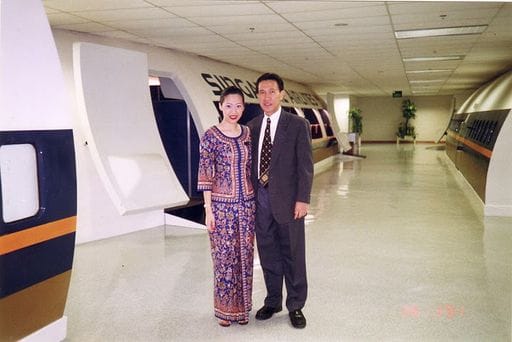
Let’s talk about September 11, 2001. What do you remember about it?
I was at home. I think somebody called me so I went to switch on the TV. I have to say it was really terrible to see everything on a live telecast. The planes were flying into the Twin Towers, which I’ve visited a few years before that happened. I know the place.
It was actually beyond belief. It was shocking to see something like a plane crashing into the building — something that you only see in the movies. But it was real-time.
I was also more worried for my wife, who was a flight attendant with United Airlines at that time, and she was away. And one United Airlines plane was hijacked when they tried to attack the White House.
So I found out that she was actually on the way back home from the United States, and she was in Tokyo at the time. She called me and said she was okay.
After that, it was scary to go on a flight. But hijacking is not very uncommon, because in the 70s when I was a junior crew member, there were stories about the PLO (Palestinian Liberation Organization) and other people who have hijacked planes. But to see the planes crashing into the towers was a bit too much. The fear was there.
What was the atmosphere like among your colleagues?
There was a sense of worry, fear and apprehension about going on flights. As a Cabin Crew Executive, 50 per cent of my job involves flying, but for the crew themselves, they have to get on all flights. As the leaders in charge of them, we were actually more worried for the crew. Most of us were worried and wondered: will the terrorists target SIA too?
Among the younger crew, some of them contemplated resigning entirely from the industry. But not many quit in the end because you have to remember that SIA has faced disasters before. For example, in 1991, SQ117 was hijacked by Pakistani terrorists. And then we had the SQ006 crash in 2000 in Taipei.
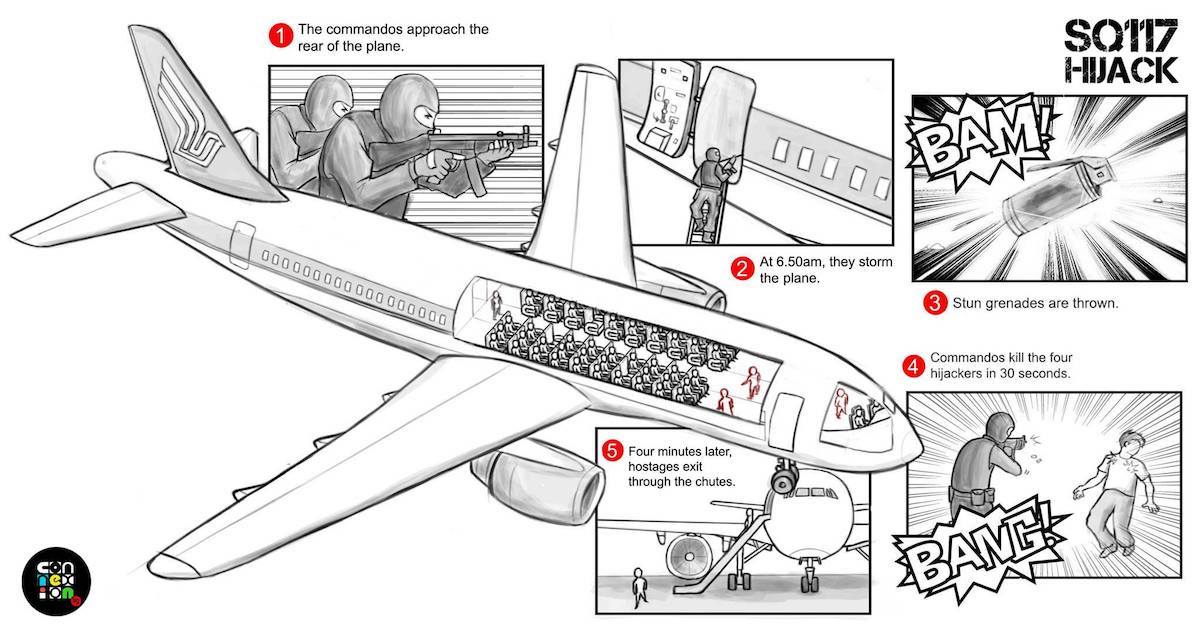
I vaguely remember the hijacking in 1991 when I was a kid. Were you there when it happened?
I wasn’t on the plane but it involved our crew, of course. One of them, I think, was thrown out of the aircraft when it landed at Changi Airport. At the time, the terrorists were negotiating with the Singapore government.
Not a lot of people know that long before that incident, the cabin crew were trained on how to handle hijackings, especially during the 70s when the PLO was staging hijackings to direct attacks against Israel. So we were actually trained how to handle hijackers and how to relay messages. Last time we got no handphones, so we had to learn how to pass messages from the aircraft to security personnel on the ground.
That’s interesting — so how do you handle hijackers?
Okay, the first thing is don’t oppose them, don’t go against them. Just go along if you don’t want them to take your life.
Just obey their instructions and at the same time, try to remember who these people are — their faces, their clothing, the colour of the clothes and so forth, and then try to pass on this message.
Once on the ground, try to pass all the information to the airport security. Certain doors of the aircraft are equipped with microphones. And we know which doors have them; you are trained to go to those doors. If the hijackers are not looking at us or when we pretend to kneel down and pray near the door, we can relay the message. Maybe we can tell security how many hijackers there are, how they look, the colour of their skin and what language they speak. I’m not sure if airlines still do this; I’m sure they’ve upgraded the technology.
You can also try to pass the message in the toilet. There are certain secret compartments with little plastic bottles, so you write down the information, put it in the bottle and flush it down the toilet. The truck on the tarmac that sucks the waste from the aircraft toilet will receive the message and the relevant authorities will read it.
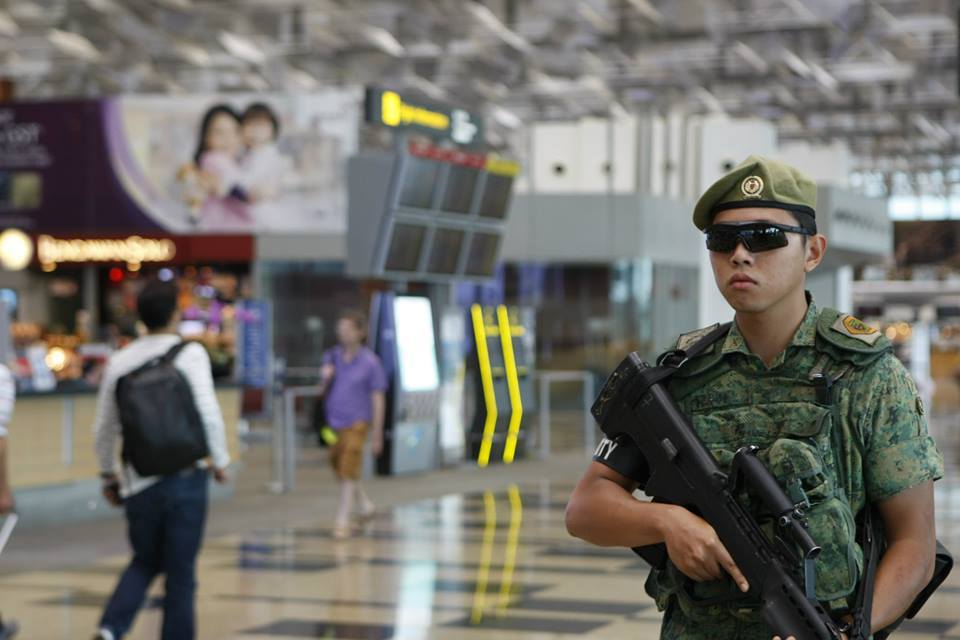
Let’s go back to 9/11. How was it like flying after that?
There was a lot of fear at that time but after a while, things calmed down after a few months. Things more or less went back to normal, so I can’t remember being so afraid to go on flights, or being suspicious of passengers, or vice versa.
Maybe there was a higher degree of suspicion in America. Because I think they stereotype… sometimes they see an Indian man with a beard or someone with darker skin, then they start to think “This must be a terrorist.” But as far as I know, we weren’t that paranoid about our passengers in SIA.
What changed though?
There was more security at all the airports, there was a need for more checks on passengers and crew for weapons. As for the crew, security awareness courses were conducted.
Honestly, it felt quite inconvenient for us crew back then. It takes extra time to check into the airport for flights, you have to queue up for the bags to be X-rayed, you have to be frisked.
Also, we can’t bring our usual tools and other things that we bring on onboard, like small knives to cut lemon slices and corkscrews for opening wines. These are all not allowed anymore after September 11 because they could be used as weapons.
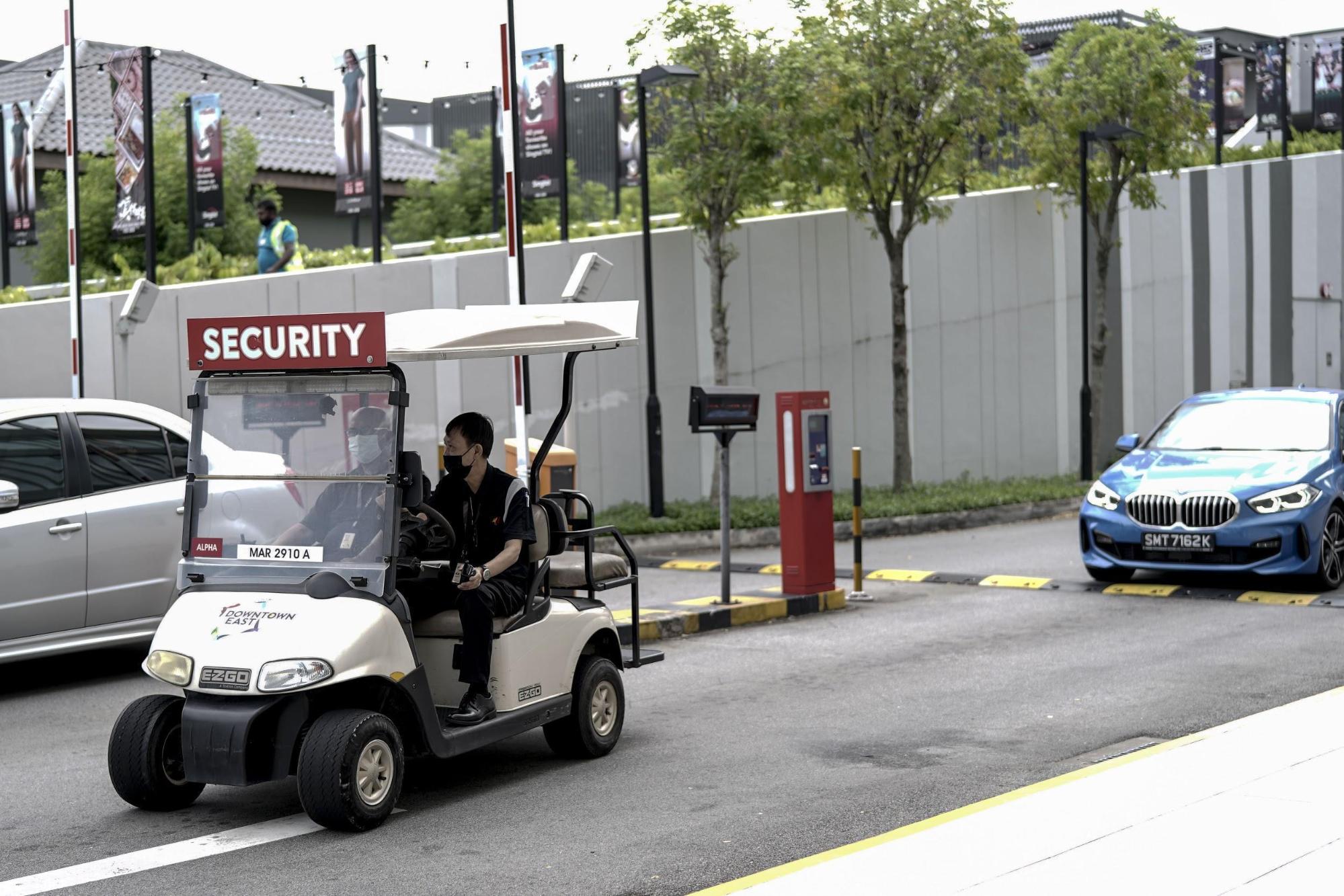
To be honest, I don’t remember the time when there weren’t these checks at airports. You mean there was a time when they didn’t run baggage through the machine?
Correct. The only time that security was stepped up back then — meaning our bags, crew members and passengers were checked thoroughly — was when the late Mr Lee Kuan Yew flew with us.
So we would get an advanced notice before he flew with us. We will be told about his likes and dislikes; the food he wants; where he wants to be seated — usually away from the smoking section. As far as I remember, it was only when he travelled that airline security looked like something after September 11.
Barring the inconveniences, what did you think about the heightened security post 9/11?
Security has stepped up and it’s the norm now — I think that is a very positive thing. Passengers get scrutinised more and they even make you take off your shoes these days. Of course, I feel much safer now. I mean it’s more difficult for people to hijack planes. I really think that at the end of the day, the cabin crew and the pilot appreciate the safety.
Because it’s the 20th anniversary of the attacks, I would think that airport security will definitely be heightened right now. It’s always good to play safe because you never know. Maybe they might be extra concerned about the situation in Afghanistan right now. You just never know when the next 9/11 will happen, but I feel safe knowing that Singapore is extra secure.

